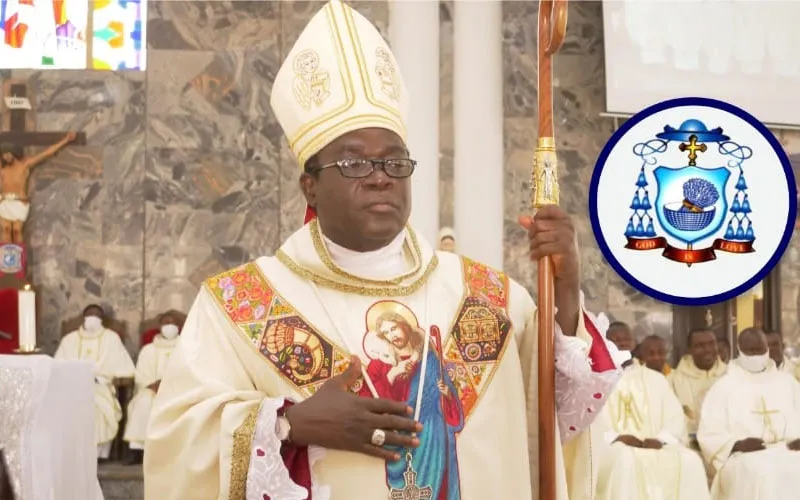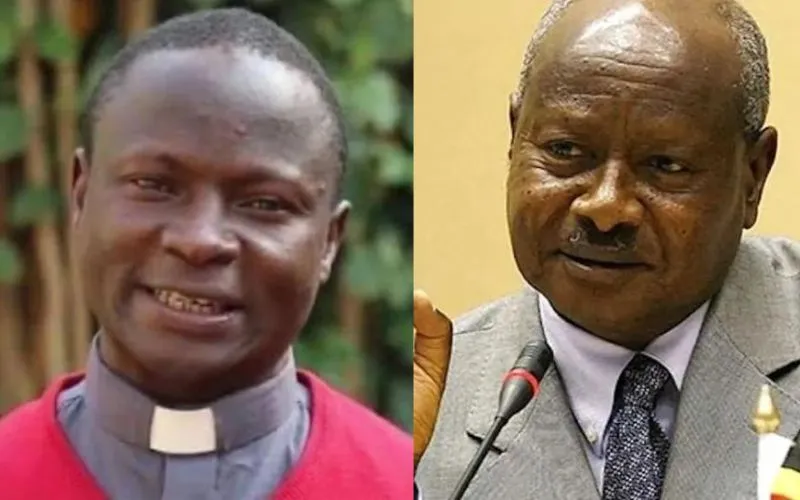Sokoto, 25 December, 2022 / 8:50 pm (ACI Africa).
Governors of various States in Nigeria have a key role to play in creating social cohesion in the country, Bishop Matthew Hassan Kukah has said, underlining the need to ensure that everyone feels represented, especially in state appointments.
Speaking at the National Inter-Religious Conference that was held in Kano State in northern Nigeria, the Local Ordinary of Nigeria’s Sokoto Diocese said that a section of Nigerians, especially in the Northern region, feel left out in government appointments and the management of resources.
“Governors should take some courageous steps towards integration… Governors should make certain appointments and create opportunities that point in the direction of genuine integration,” Bishop Kukah said.
“At a time when Christians were denied access to the media here in Kano, things changed when General Abacha appointed a Catholic as Governor. So, my appeal goes beyond Kano to all the Governors,” the Catholic Bishop said at the December 1 event that was organized under the theme, “Harnessing Nigeria’s Religious Diversity for Sustainable Peace and National Development”.
In his speech, Bishop Kukah underscored the need for leaders in Nigeria to properly manage the country’s diversity, especially the different religions, noting that this would ensure that certain groups do not feel left out in the running of the country.








